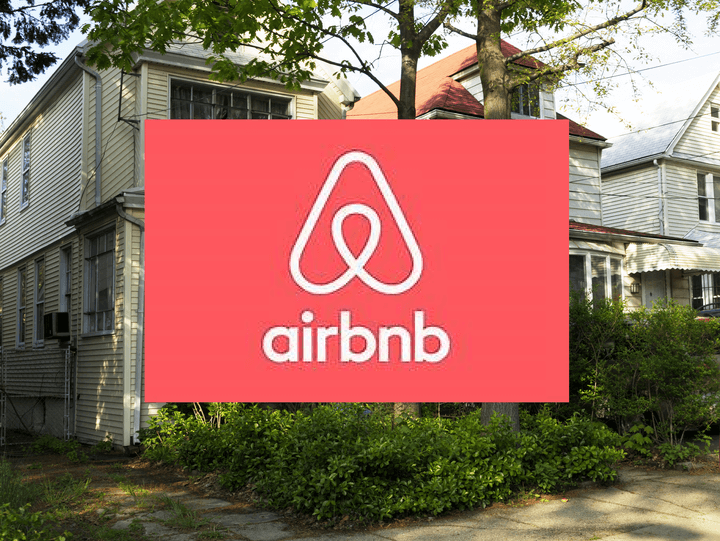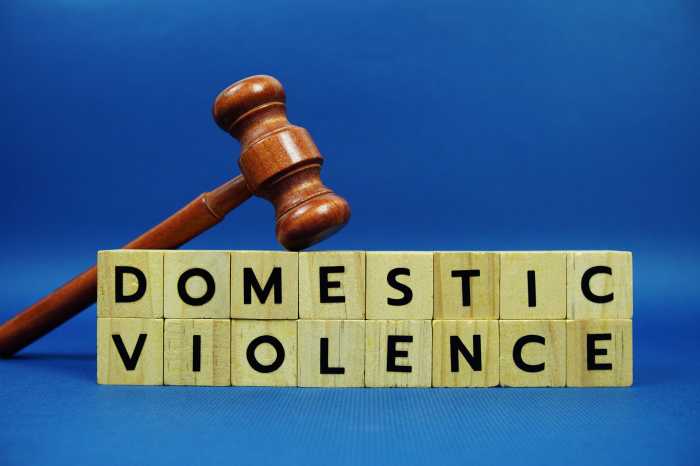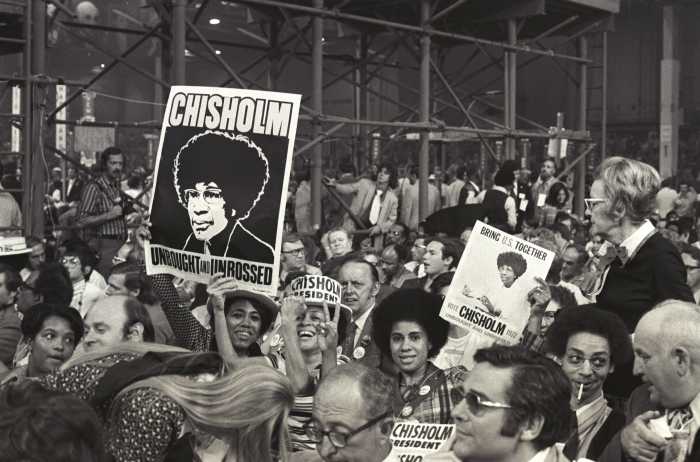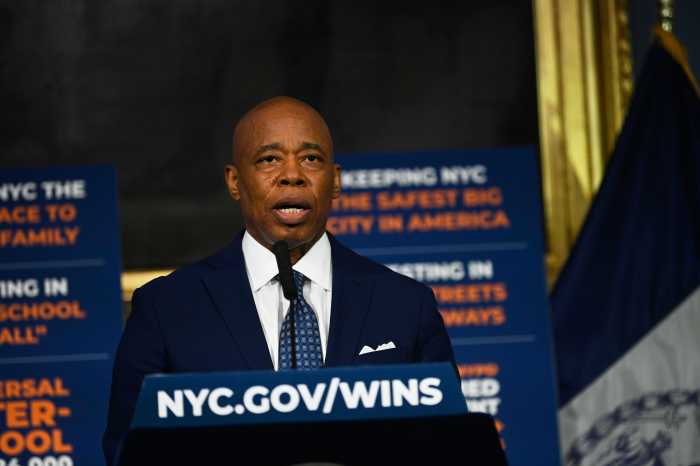When I bought my first home in Jamaica, Queens two decades ago, I felt like I had finally fulfilled my dream of becoming a homeowner. At that time, I didn’t know of the hardships that would lie ahead of me.
Despite all my hard work and determination, I simply could not keep up with the bills as a single mother, and in 2017 I received a foreclosure notice. Grappling with the cost of everyday expenses and mounting debts, I turned to short-term renting as a means to make ends meet and avoid becoming a foreclosure statistic. That extra money from sharing my home on Airbnb became a lifeline, but now, as Mayor Adams and the City Council turn a blind eye to homeowners’ pleas to amend Local Law 18, I am once again haunted by the prospect of losing my home.
The day looms when I will be unable to use the platform that has helped me supplement my income as an optician. Homeowners like me will face foreclosure and despair if this law doesn’t change.
Already homeowners in Jamaica are facing one of the highest number of first-time foreclosures in the entire city. The City has argued its current short-term rental rules are meant to target “illegal hotel operators” and are necessary to protect housing. Those are reasonable goals, but the current rules do not distinguish between homeowners who share their home and illegal hotel operators.
Taking people’s vital source of income and putting them in jeopardy of losing their home exacerbates our hardships and fails to address the affordable housing crisis.
As responsible homeowners, my fellow Hosts and I recognize the importance of the city’s role in regulating the short-term rental market, particularly concerning public safety and welfare. We advocate for sensible regulations that strike a balance between homeowner autonomy and addressing concerns related to illegal hotels.
Numerous groups of homeowners have voiced these concerns and have denounced the real culprits behind the rental market’s woes: the large landlords exploiting their properties as illegal hotels.
We implore the Mayor and the City Council to address this misuse while differentiating responsible homeowners from bad landlords. We are not striving for extravagant lifestyles but rather fighting for survival, desperate to prevent mortgage defaults and provide for our families.
The implementation of this law will deprive homeowners of a vital income source. Sharing my home allows me to achieve financial stability, covering my expenses and enabling me to meet my family’s needs. But the impact extends beyond our individual households.
Airbnb rentals contribute to New York City’s tourism industry, attracting visitors from all over the world to experience the city’s unique neighborhoods, including Jamaica. These tourists spend money on local restaurants, shops, and services, injecting much-needed revenue into our community. Moreover, as these visitors explore the city, they rely on the MTA, utilizing public transportation and supporting the city’s public transit system. By stifling short-term rentals, the City is not only threatening homeowners but also jeopardizing the tourism sector and the broader local economy that depends on it.
While it may be easy to blame homeowners renting on Airbnb for the lack of affordable rental units, the City’s argument for this regulation overlooks the real underlying issues—a severe and unyielding shortage of housing and the lack of political will to build it. An outright ban on short-term rentals will only create further hardships and worsen the crisis. Homeownership will become even more unattainable, and families like mine will be pushed closer to foreclosure.
The City must confront the true causes of the affordability crisis instead of grouping struggling homeowners with bad landlords and offering New Yorkers one-size-fits-all solutions. The focus should be on tackling the housing shortage and ensuring affordable options for all, while implementing nuanced regulations that differentiate between one and two homeowners and unethical landlords. By adopting a comprehensive and inclusive approach, we can protect families from economic uncertainty, alleviate the burden on struggling homeowners, and effectively address the pressing need for affordable housing in New York City.
As a homeowner teetering on the edge of foreclosure, I intimately understand the pain experienced by fellow New Yorkers who are barely making ends meet. The fear of losing my home and the consequences it would have on my children’s future keeps me awake at night. The new short-term rental law cannot be the City’s answer to the affordability and housing crisis. It is a misguided approach that must be rectified to safeguard families like mine from being driven out of our homes. Otherwise, foreclosure is just one knock away.
Acevedo is an optician and a single mother raising her children in Jamaica, Queens.
Read more: SUMMIT One Vanderbilt Extends Holiday Hours






































